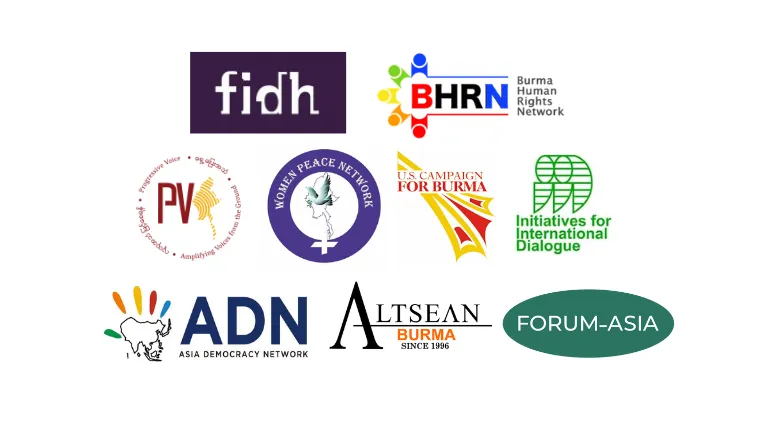Coup Watch November 2022 – Temporary ceasefire in Rakhine as ASEAN starts getting serious
06 December 2022

Key summary points:
- As of 25 Nov, there had been at least 18,289 armed clashes and attacks, resulting in the displacement of 1,208,700 people since the coup began. Junta troops continued to slash their way through the country in November, torturing and killing civilians, and torching villages.
- The NUG said it had documented 268 regime airstrikes nationwide during Oct 21-Sep 22; including 191 that targeted civilians. Amnesty International and Justice for Myanmar reported that the junta was diverting civilian jet fuel supplied by Singapore Petroleum Company, Rosneft (Russia), Chevron (US) and Thai Oil to its air force.
- The regime tried to shore up ties with military-aligned parties ahead of its sham 2023 ‘election,’ and announced it would soon enact a new Political Parties Registration Law. The NUG, NLD, Karenni National Progressive Party, and Karen National Union said they opposed the junta’s ‘elections’ and vowed to boycott them.
- Junta forces have killed at least 2,553 civilians and arrested 16,472 as of 30 Nov. The regime continued to target former officials and NLD members, as well as perceived opponents and their families. Junta courts sentenced five NLD MPs and former lower house deputy speaker Tun Tun Hein to prison terms; as well as seven student activists to death in November.
- The junta released 5,774 inmates to try and ease international pressure, including 402 political prisoners, Australian economist Sean Turnell, Japanese filmmaker Toru Kubota, and former UK ambassador to Burma Vicky Bowman. Both Turnell and Kubota said they were subjected to inhumane treatment in custody.
- Fighting between the AA and regime forces intensified in Rakhine State, before both sides verbally agreed to a temporary ceasefire on 26 Nov. Regime blockades resulted in food, medicine and fuel shortages, while indiscriminate junta artillery fire continued to kill civilians.
- Finance firm Fitch Solutions predicted that Burma’s economic growth rate would increase from 0.5% in 2021 to 2.5% in 2022, which would still leave output 15% below pre-coup levels. The regime blamed the NLD for its own economic failures.
- ASEAN leaders agreed to develop an implementation plan for the bloc’s Five-Point Consensus; keep barring the junta from high-level meetings; and engage with ‘all stakeholders’ soon. Meanwhile, the regime’s air force chief assumed the rotating chair of the bloc’s Air Chiefs Conference.
Download full report
View the original
Announcements
21 May 2025
Open letter: Malaysia must lead ASEAN with principle, not hypocrisy, to address the Myanmar crisis

Progressive Voice is a participatory rights-based policy research and advocacy organization rooted in civil society, that maintains strong networks and relationships with grassroots organizations and community-based organizations throughout Myanmar. It acts as a bridge to the international community and international policymakers by amplifying voices from the ground, and advocating for a rights-based policy narrative.
Copyright © 2017 - 2025 All Rights Reserved - Progressive Voice (PV)
Website by Bordermedia